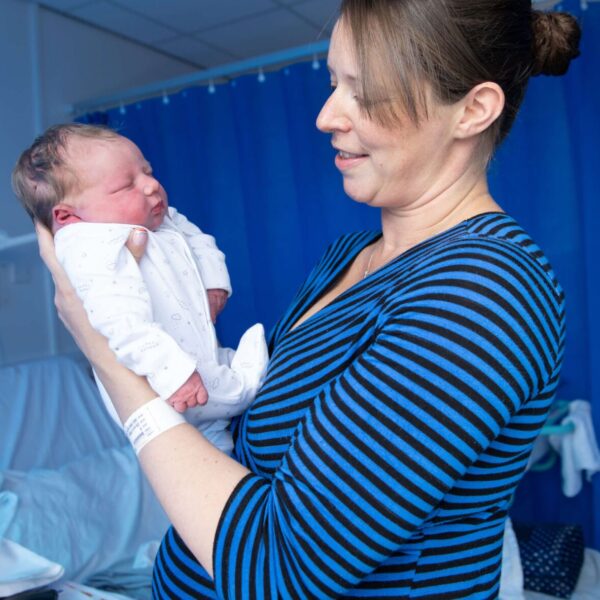When breastfeeding sucks: Help! Breastfeeding makes me feel sad, mad and bad: 2021 Annual Conference guest speaker Zainab Yate discusses women’s experiences of breastfeeding challenges
Zainab Yate is the Vice-Chair of the Research Ethics Committee Panel, National Research Ethics Service, Health Research Authority (HRA)
It can be very tricky when a mother presents as having an aversion to breastfeeding or experiences Dysphoric Milk Ejection Reflex (D-MER). When mothers disclose these feelings, they report feeling silenced or that they are misdiagnosed with postnatal depression and the prescribed antidepressants do not seem to help.
I myself experienced breastfeeding-triggered negative emotions. I found it challenging – not just because of initial difficulties, but because of the range of emotions that accompanied them. I did not know how to convey how I was feeling, and it didn’t seem like anyone else was going through a similar situation.
I began to campaign on this important issue several years ago, going on to conduct research and write a book to help raise awareness of the range of emotions breastfeeding can trigger, as well as to differentiate possible causes and normalise and validate what breastfeeding mothers feel. Over the years I have helped thousands of mothers come to terms with these feelings and have helped them seek out necessary support.
My aim is always to give mothers the words to use to describe their feelings and to provide the medical community with the literature they need in order to help mothers who are struggling.
The concept that breastfeeding can trigger particular negative emotions seems cross-cultural and universal. I have had the honour of speaking to mothers from all around the world in my research – from Iran to India, China to America and beyond. And, despite not knowing each other or sharing their stories with one another, many of them describe their feelings in very similar ways. Additionally, just as many have said the same thing: that they want the negative emotions to go away and that they want to continue breastfeeding.
With aversion and D-MER, unless particularly severe, I found that the majority of respondents in my research overwhelmingly expressed the desire to carry on and did not pursue the cessation of breastfeeding. These mothers have often struggled significantly to get breastfeeding going, and tend to ‘grin and bear it’. Because of the nature of these negative emotions and the accompanying guilt, mothers may hide their pain and end up struggling alone in their attempt to manage their emotions until they are supported to understand what is going on.
Oftentimes just knowing what it is called – e.g. ‘Aversion’ or ‘D-MER’ – and hearing other peoples’ stories and knowing that other mothers also go through it can bring a huge amount of relief and can be a big motivator to carry on. Once mothers realise that this can be a normal part of the breastfeeding journey, and when this is affirmed by a healthcare practitioner, they are often able to find their way. And if there is anything that needs intervention, referral or medical treatment, then this can happen too.
If there is one thing I hope viewers will take away from my talk it would be the importance of healthcare practitioners taking the time during clinical assessment or triage to ask mothers: How are you feeling or What emotions do you experience when breastfeeding? These simple questions will often give the information that health practitioners need in order to open up dialogue and understand whether the mother’s issue is pharmacological or psychological, and whether the mother may be experiencing Aversion or D-MER. This can be hard, as there is so much important information to cover during this precious time with the mother, but it is vital that these basic questions are asked in order to provide the best support possible to those who may be struggling.





